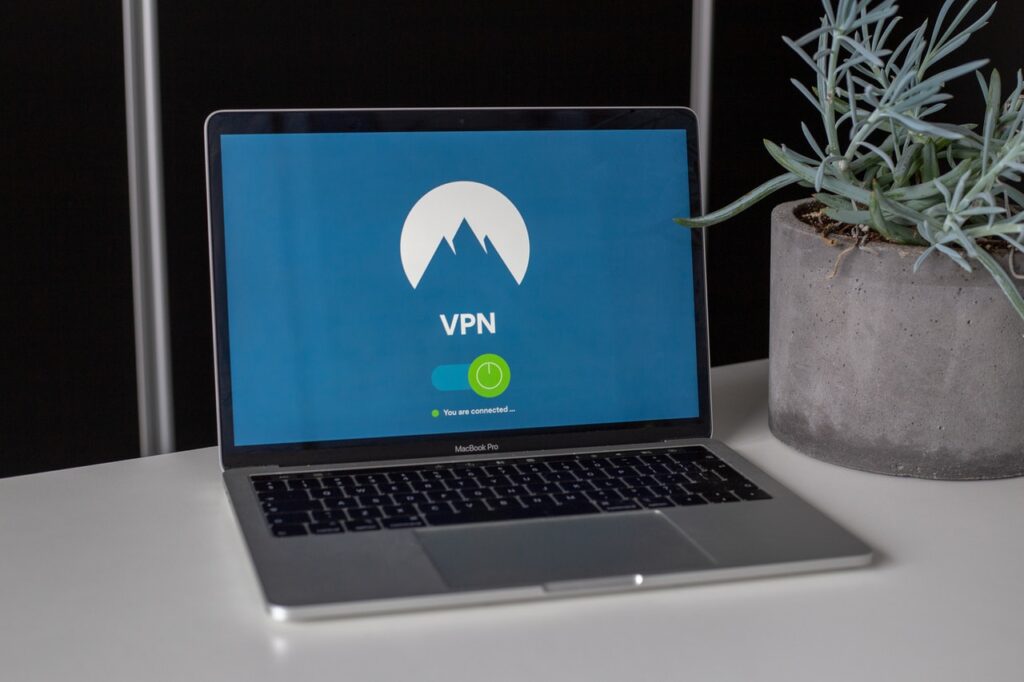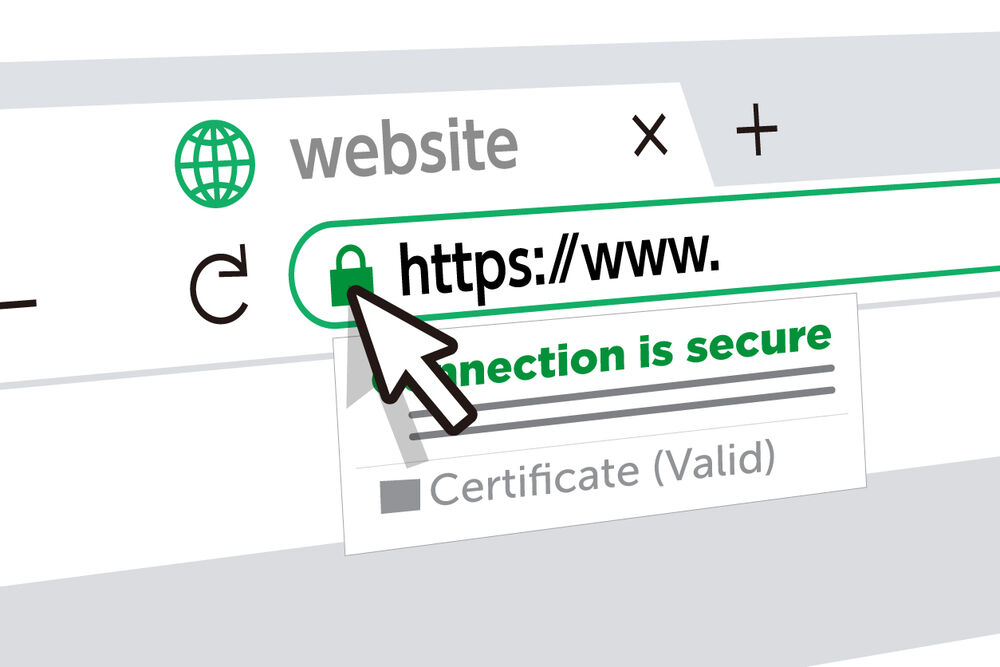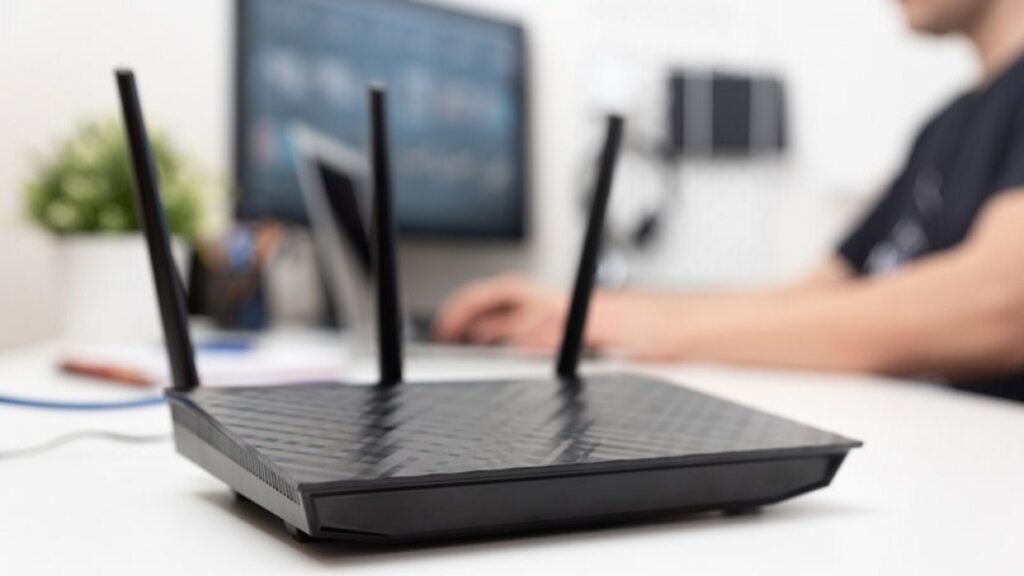Are you using public Wi-Fi? Did you know how many dangers public Wi-Fi can contain? We will share tips on protecting your data if you use this tool frequently for work, travel, or study.
5 Ways to Protect Your Data When Using Public Wi-Fi
Using Wi-Fi, the user can get high-speed Internet access from any laptop, smartphone, or portable device without the need for wires. You can connect several devices to one point at once and use access to the World Wide Web simultaneously on each of them. However, not everyone has secured Wi-Fi and uses public ones.
When do people use public Wi-Fi? There are three situations in which people most often resort to using public Wi-Fi:
- Travels. Mobile Internet while traveling is expensive. Therefore, many tourists use public Wi-Fi to stay in touch with loved ones and share photos on social networks.
- Studies. Being a student is as expensive as being a tourist. Therefore, most students prefer to connect to public Wi-Fi in cafes, parks, and libraries to complete their academic assignments.
- Job. Workers in large firms have secure Wi-Fi and do not need to look for additional tools to get the job done. However, freelancers prefer to use public Wi-Fi, which is an alternative way to save money and turn in projects on time.
Can Wi-Fi dangers wait for those who are looking for free ways to access the Internet? Definitely yes! Let’s talk about them in more detail.
Problems You May Face When Using Public Wi-Fi

Is public Wi-Fi safe to use? Undoubtedly, public Wi-Fi has advantages – it is convenient and free of charge. However, when it comes to security, public Wi-Fi becomes the enemy. Below we have listed the problems you may encounter while using public Wi-Fi.
Hacker Attacks
The most common problem is a malicious hacker attack on a user using an access point between you and a public wireless connection. An ordinary user will not notice this because the hacker transmits your requests to the network through a unique access point that no one sees. However, by transmitting information through the hacker’s access points, all data will immediately become available to scammers. For example, it can be passwords from credit cards, social networks, emails from work or study.
Malicious Programs
Can you be hacked through public Wi-Fi? Yes, hackers can hack public Wi-Fi and send malware to your computer. This happens when you agree to the public Wi-Fi policy – you voluntarily allow file sharing over the network. Thanks to malware, fraudsters can access your data, including personal correspondence, photos, and confidential documents. Therefore, storing important information on the device without protection is the worst solution. There were situations when fraudsters got access to a microphone and a camera. Thus, they could find out what you are doing and talking in real-time.
Malicious Hot Spots
Malicious access points can occur when a hacker infects it with viruses and installs their Wi-Fi in public places. In such situations, people most often become victims because hackers can name their Wi-Fi whatever they want.
For example, if a scammer names an access point “Public Wi-Fi” or after a cafe close to you, this will be a hook to attract victims’ attention. Connecting to such Wi-Fi yourself, without knowing it, allows a hacker to monitor your activities on the Internet.
The most annoying thing is that such attacks can be carried out by people with basic knowledge of hacking and using simple hacking tools. At the same time, it is challenging to identify attacks. For this reason, it is essential to take care of your online security in advance, even if you are not at first glance at risk.
Life Hacks How to Ensure Data Protection When Using Public Wi-Fi
Attacks on public Wi-Fi are carried out very often because it is the most accessible and most unprotected target. If you apply the following security recommendation to Wi-Fi, you will fight back hackers.
Use a VPN

How does VPN help on public Wi-Fi? The VPN has an encrypted tunnel that scammers cannot access. The fact is that VeePN has reliable data encryption protocols, and it will take hackers hundreds of years to find the right combination for decryption user information. In addition, even if a hacker manages to find combinations, he will receive information in symbols that he cannot decode. Only the person for whom the message is intended will receive accurate information. Therefore, using a VPN app for iPhone or Android, you are safe – no one can track your Internet activity.
Use SSL Connections

Imagine a situation: you pay for an order on the Internet, and you are asked to enter your bank card number. The browser transmits this information to the server, where a unique program verifies the card’s authenticity and sends the purchase receipt. In addition to the card data, the browser can transmit passwords, email addresses, and other personal information.
If fraudsters get in the way of transmission, they will be able to intercept information and use it for personal purposes. Most likely, you will not even notice that the password or card number was intercepted. People often find out about this when money disappears from the card or that someone has changed the password in the account. To avoid such situations, you need an SSL connection. SSL certificate is a means of protecting users’ personal information on the Internet. In this case, is public Wi-Fi safe? Yes.
Disable Auto Wi-Fi Connection

It so happens that you came to have lunch at a cafe and forgot to turn off the automatic connection to Wi-Fi. This makes you an easy victim of hackers. Therefore, if you do not use Wi-Fi at work or home, then turn off this function.
Limit Browsing Websites
If you still use public Wi-Fi, visit a minimum of sites and not log in from the social networks. For example, if you need to pay for services or goods, do not do it through a free access point. Better buy a mobile Internet or wait until you get home, where your Wi-Fi is protected.
Use Anti-Virus

Yes, not everyone can afford the expensive Internet. However, you will be aware if someone wants to invade your data or install a virus when using Anti-Virus. There are Anti-Viruses from $2 per month, which is very beneficial if you will use a free access point.








